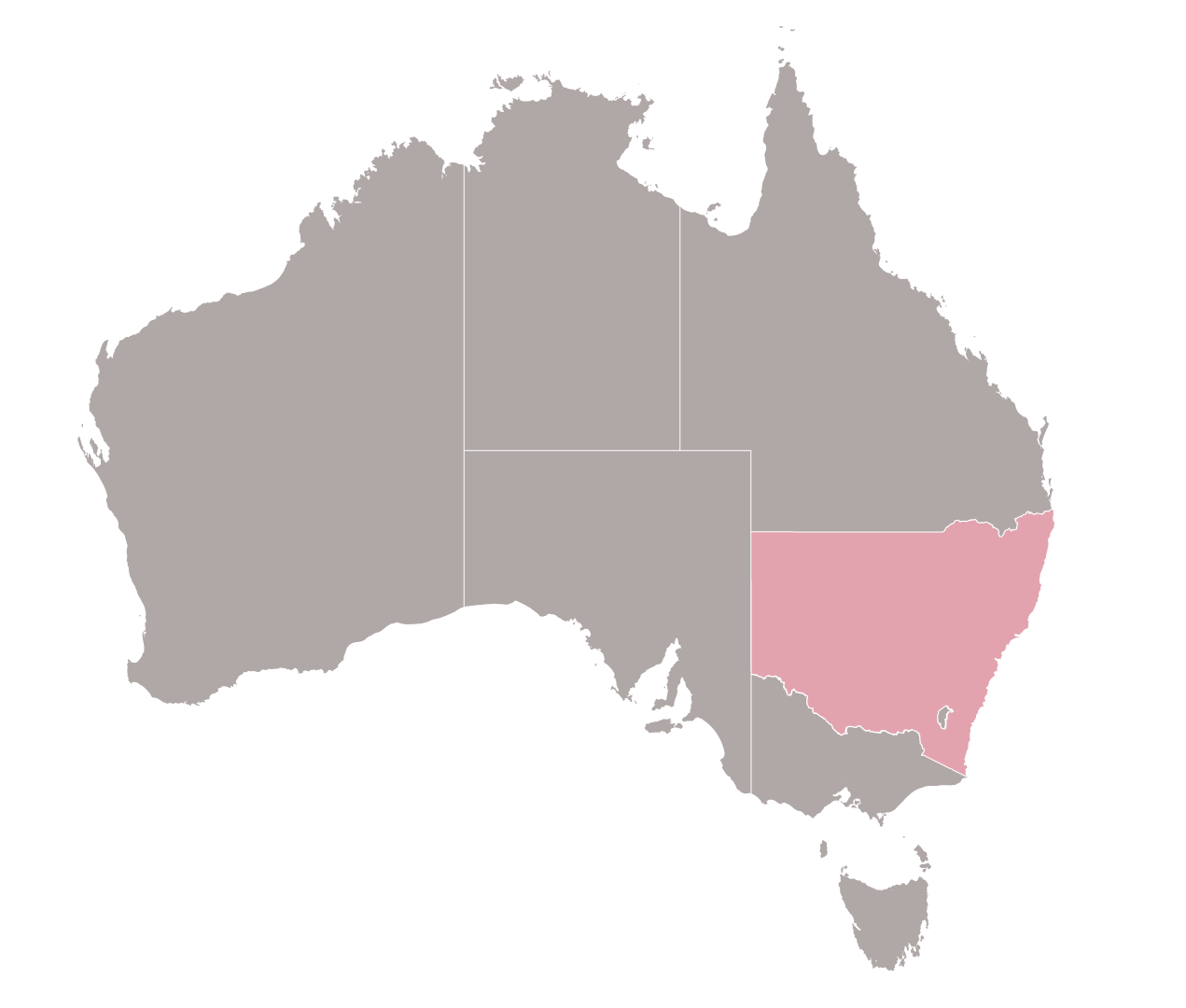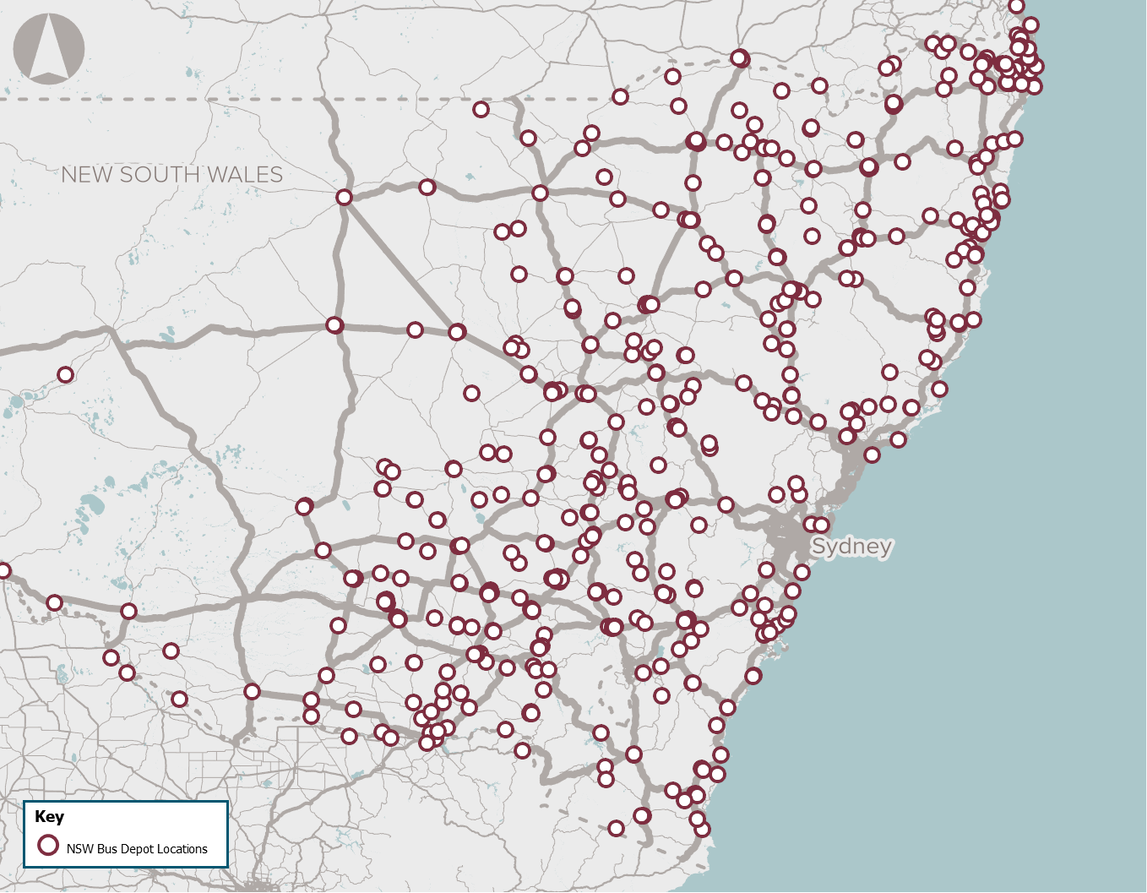

Transport for New South Wales’ (TfNSW) public bus fleet consists of approximately 8,300 diesel-powered vehicles. With the transition of Sydney’s trains to green energy in late 2021, buses account for 78% of TfNSW’s total emissions, and approximately 3% of NSW’s total CO2 emissions.
NSW diesel-powered public buses cause nationally significant economic costs due to greenhouse gas emissions, air pollution, and noise pollution. These costs are expected to worsen over time as the fleet expands to service a growing population.
Strategic Fit
Reducing greenhouse gas emissions is a policy commitment at the state, federal and international level. Transitioning the bus fleet to electric vehicles would contribute to NSWs’ Climate Change policy framework, and the NSW Department of Planning and Environment’s Net Zero Plan. It also aligns with the Commonwealth Government’s Paris Agreement commitments.
Societal Impact
Transitioning the NSW public bus fleet from internal combustion engines to electric vehicle technology will result in reductions in greenhouse gas emissions, air pollution and noise pollution, with flow on benefits for public health and amenity.
Deliverability
TfNSW has considered a wide range of solutions to provide assurance that the problems are capable of being addressed through new and repurposed capital.
Proponent to identify and analyse potential investment options (Stage 2 of Infrastructure Australia’s Assessment Framework).
The NSW Government is currently developing a business case (Stage 3 of Infrastructure Australia's Assessment Framework) for the first tranche of Zero Emissions Buses in the Greater Sydney region.
Trials of new technologies such as battery electric buses and hydrogen fuel cell buses are being planned in rural and regional areas.
In June 2022, the NSW Government announced the Zero Emission Buses Transition Plan as a rollout plan across New South Wales. The plan describes a staged delivery of Zero Emission Buses and will see 4,00 buses in Greater Sydney fully transitioned by 2035, followed by 1,000 buses in Outer Metropolitan regions by 2040 and 3,000 buses in rural and regional NSW by 2047.


 EVALUATION COMPLETE
EVALUATION COMPLETE




